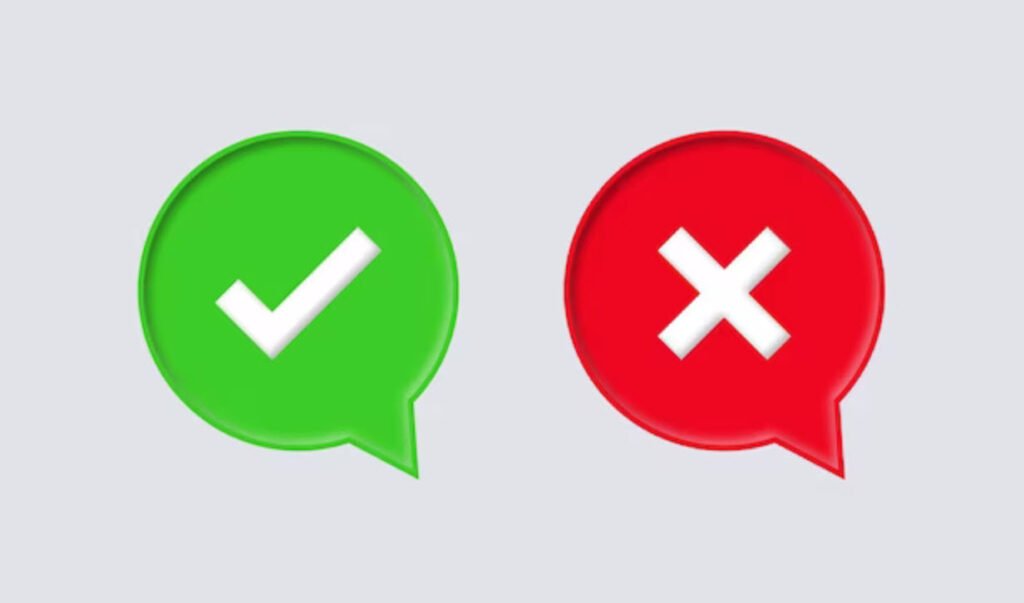Some of the words and expressions from the box below have been defined in sentences 1 – 16. In some cases, these definitions are correct, and in some they are wrong. Decide which are which.
accelerate * accident * accident risk * auto theft * back out * black spot * brake * congestion * crosswalk * cut in (in a vehicle) * cycle lane * destination * dominate * drunk driving * driver * driver’s licence * driving test * expressway * fatalities * a fine freeway * gas * highway * highway patrol * injuries * intersection * interstate * joyriding * mile * mobility * overtake * park and ride * pedestrian * pedestrian mall * pollution * public transportation * pull in * pull over * road rage * road work * rush hour * safety island * sidewalk * to speed * speed limit * subsidized (e.g., public transportation) * to tailgate * traffic light / signal * traffic calming * traffic circle / rotary * traffic-free zone * traffic jam traffic school * transport strategy * turnpike
1. Rush hour is the time of day when there are not many vehicles on the road because most people are at home.
2. If a service such as public transportation is subsidized, all of its running costs are paid for by the government or a local authority.
3. A traffic school is a school for people who want to learn to drive a motor vehicle.
4. An expressway is a wide road (usually in a city) where people can drive quickly, and is the U.S. equivalent of a British dual carriageway.
5. Road rage is anger or violent behavior by one driver toward another driver.
6. Traffic calming measures are fines and other penalties imposed by the police on bad or dangerous drivers.
7. In the U.S.A., the interstate is part of the national public transportation system (including trains and buses) which people use to travel around the country.
8. Someone who has been accused of joyriding has stolen a car in order to drive it for pleasure, usually in a dangerous way.
9. A turnpike is a main road in the eastern part of the U.S.A. that drivers must pay to use.
10. Someone who backs out in a vehicle drives it very quickly and dangerously, usually in a busy or built-up area.
11. A cycle lane is a part of the road that is set aside for people on bicycles, and which may not be used by drivers of motor vehicles.
12. A traffic-free zone is a main road between major towns and cities that drivers do not have to pay to use.
13. Fatalities (in this context) refers to people who are injured in accidents on the road.
14. A black spot is a place on a road where a lot of car accidents happen.
15. A mile is a measure of distance equivalent to 1.609 kilometers.
16. A sidewalk is a part of the road in a town or city where drivers can park their vehicle.
Correct Answers:
- Wrong. Rush hour is the time of day when there are a lot of vehicles on the road because most people are traveling to or from work.
- Wrong. Part of its operating costs are paid for by the government or a local authority.
- Wrong. In the USA, a traffic school is a school where drivers are sent to correct their bad driving (usually offered as an alternative to another form of punishment such as a fine or prison sentence when the driver has done something dangerous or caused an accident).
- Correct.
- Correct.
- Wrong. Traffic calming refers to methods used to slow down traffic in towns and cities (for example, by building raised areas across roads). It is a British-English expression that is becoming more widely used in the USA.
- Wrong. The interstate is a wide road with several lanes of traffic going in each direction, built for fast travel over long distances as part of a national road system.
- Correct.
- Correct.
- Wrong. Back out is another expression for to reverse (to move a car backward).
- Correct.
- Wrong. A traffic-free zone is an area where you cannot drive a vehicle (including, in some cases and at some times, bicycles).
- Wrong. Fatalities are people who are killed in accidents on the road.
- Correct
- Correct
- Wrong. A sidewalk is an area to the side of a road where people can walk.




Pingback: Change The Sentences From Active to Passive Tense – Exercise To Solve - Edu Hyme
Pingback: Adjectives – Complete the Sentences - Edu Hyme